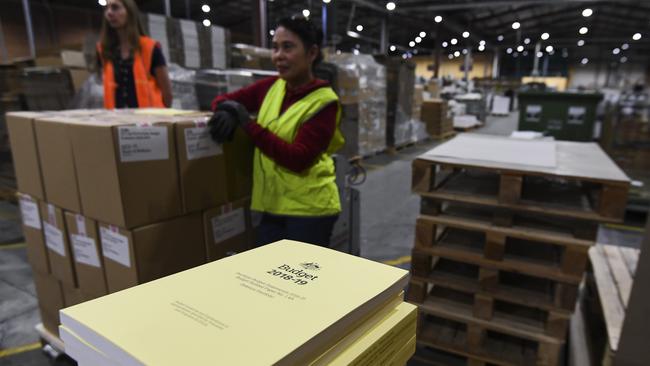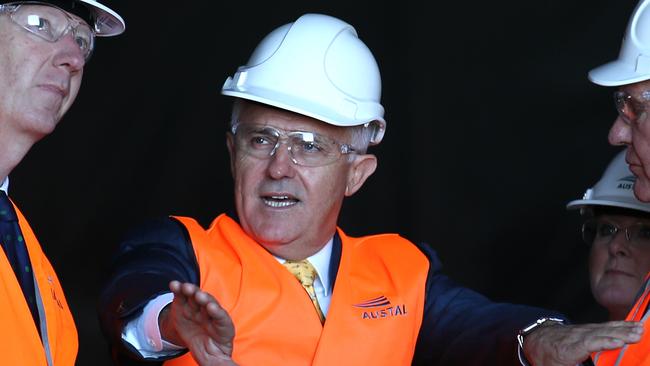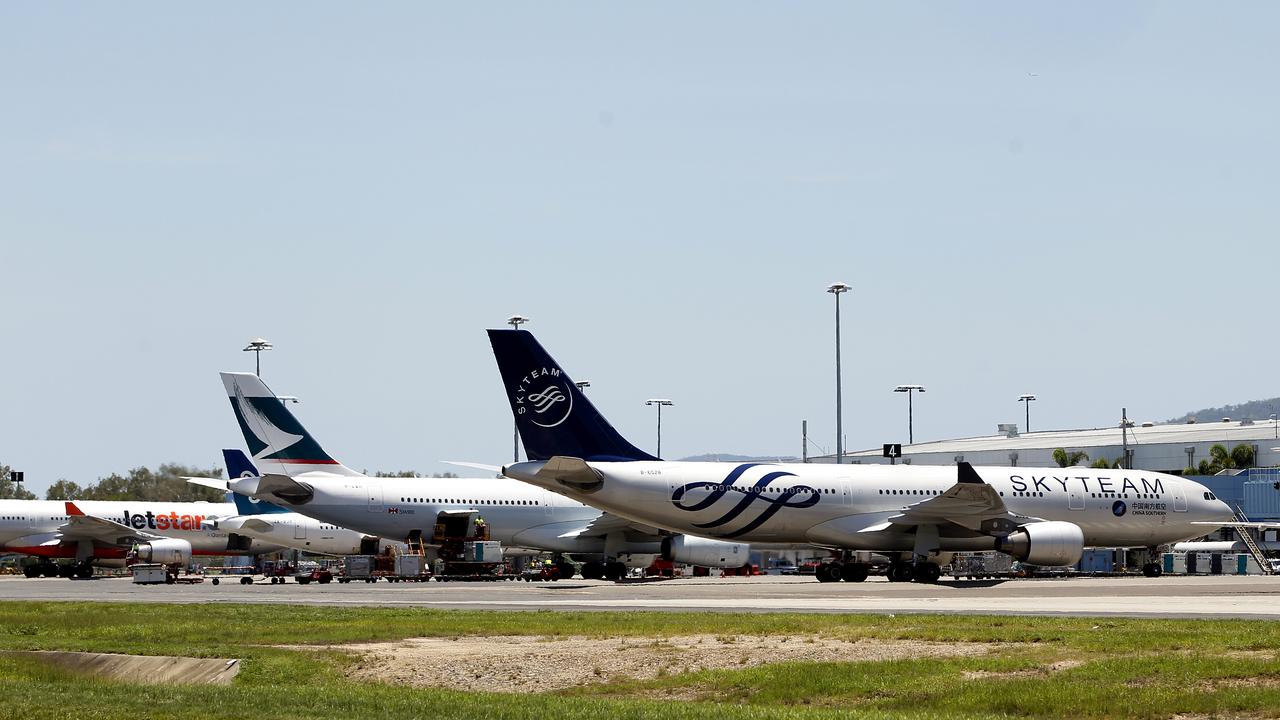Budget 2018: infrastructure projects aimed at boosting economy
A commitment to infrastructure projects worth $24.5 billion will be central to the Coalition’s budget claims of growth.

A commitment to infrastructure projects worth $24.5 billion will be central to Scott Morrison’s claim that the budget has been designed to lift economic growth.
The budget will provide for a series of major projects, including $5bn for rail lines to the new western Sydney airport and Melbourne’s Tullamarine as well as raising the federal government’s contribution to Perth’s Metronet project to almost $2bn.
There will also be funding for Malcolm Turnbull’s Snowy Hydro 2.0 project, estimated to cost up to $4.5bn on top of the $6bn spent by the federal government to buy out NSW and Victoria’s shares in the scheme.
“This budget includes $24.5bn in funding for new major transport projects and initiatives that will benefit every state and territory,” the Treasurer said.
“These form part of the Turnbull government’s $75bn transport infrastructure investment over the next decade. The investment in road, rail and public transport projects will reduce congestion, keep our roads safe, connect people to jobs and get our produce to market.”
Although the budget will include continued funding for national partnership payments for the states, which are essentially grants with few strings attached, the Turnbull government’s focus will be on projects in which it is an equity partner.
“The way Malcolm and I are doing infrastructure is different to what has been done previously,” Mr Morrison said. “We do not see our participation in some of these very large projects as a kick-money-out-the-door-and-say-good-luck-to-that, which has been the approach in the past.
“When you’re dealing with some of these big projects, we are all in. We are there making sure projects are viable, functional and they pay for themselves.”
Projects that meet these criteria did not have to be counted as a budget cost that subtracts from the budget bottom line, but were treated as investments. Mr Morrison said such projects had to cover their expenses and their financing costs.
“That is proving to be a very reasonable way to pursue some of these very big transformational projects. It is the same with Snowy 2.0, which is being done in an existing corporate structure that we now 100 per cent own,” he said.
The infrastructure plan to be released with the budget will include projects that will not begin until beyond 2022, which is the final year in the budget forward estimates.
The Victorian government has not made a firm commitment to the Tullamarine rail link, and is awaiting the completion of the business-case study, which is expected later this year.

Victorian Transport Minister Jacinta Allan has said construction of a Tullamarine rail project would not start before 2023.
Mr Morrison said the budget would make an assumption that this project would be developed in a 50-50 partnership. “There will be appropriate provisioning for this in the budget, but as the structure of this arrangement becomes clearer, its treatment will reflect that structure,” he said.
The government has established an Infrastructure and Project Financing Agency within the Infrastructure Department to guide federal financial participation in what has traditionally been the exclusive domain of the states.
The new approach was rolled out in last year’s budget to support the funding of the western Sydney airport and the Melbourne to Brisbane inland rail project.
The approach has been criticised by the main business lobby group, Infrastructure Partnerships, which contends that the federal government lacks expertise and says its approach should be about building efficient national infrastructure markets rather than building a federal balance sheet of infrastructure.
Mr Morrison said the approach taken by the Turnbull government would depend on the particular characteristics of each project.







To join the conversation, please log in. Don't have an account? Register
Join the conversation, you are commenting as Logout